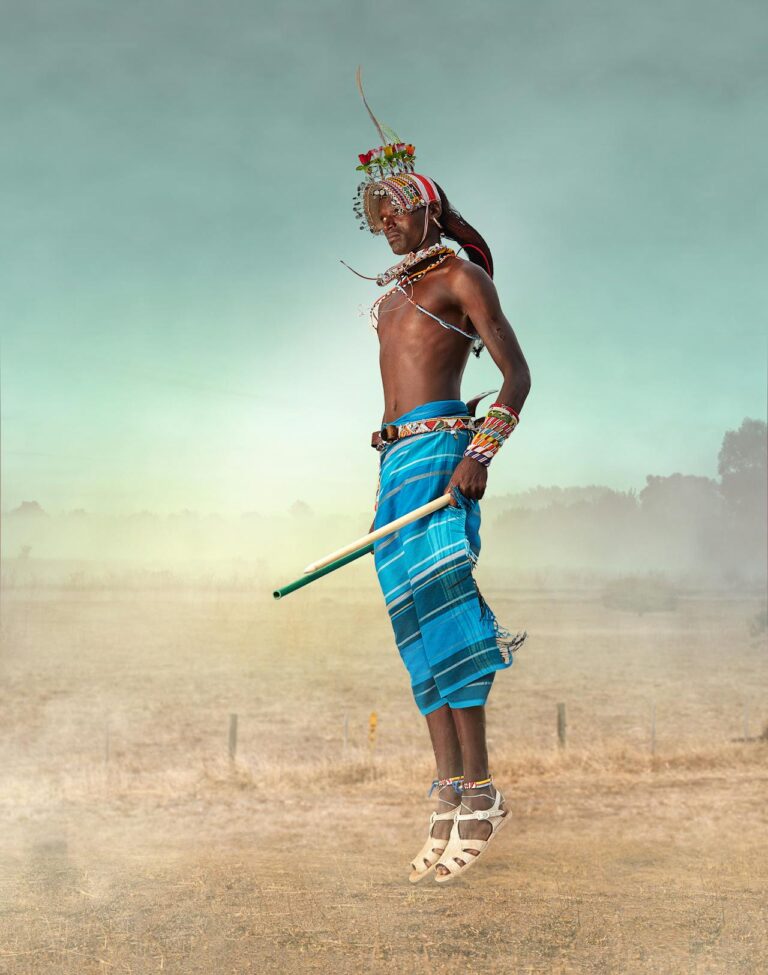We often think of the transatlantic slave trade as the defining narrative of African slavery. However, the uncomfortable truth is that slavery was an entrenched reality across many pre-colonial African societies long before European colonizers arrived.

From the East African coast to the West African interior, the enslavement of war captives, debtors, and criminals occurred under various kingdoms and empires. This difficult chapter challenges us to confront complex histories head-on.
The Bitter Trade
Coastal cities like Kilwa and Zanzibar became bustling hubs where Arab traders purchased enslaved Africans to traffic across the Indian Ocean to markets in the Middle East and Asia. Inland, the Asante and Oyo Empires captured and sold individuals into this east African slave network.
Further west along the Gambia River and Gold Coast, European traders later tapped into these existing pipelines to secure enslaved labor for the Americas. The damage of this transatlantic trade is well-documented, but its African roots are often obscured.
Mansa Musa's Mali
Even the celebrated 14th century Mali Empire, which reached the heights of power and influence under the wealthy ruler Mansa Musa, was not immune. Musa’s riches came partly through taxes on salt and copper mines worked by enslaved labor.
While certain enslaved individuals could earn privileges, the availability of this subjugated workforce enabled the empire’s golden age of prosperity. Mansa Musa’s opulence dazzled outsiders, but it carried the stain of human exploitation.

Combating the Myths
Of course, the existence of slavery did not make Africans uniquely cruel or barbarian. Slavery emerged across many ancient civilizations globally. The difference lies in how we confront and learn from this harsh past.
Certain African societies exhibited more circularity in slavery status compared to the racial slavery codified later in European colonies. In communities like the Sokoto Caliphate, enslaved individuals maintained some rights and pathways to possible freedom.
The Hard Truth
Ultimately, depriving human beings of liberty is universally wrong. Pre-colonial African slavery may have looked different, but the fundamental injustice remains. We cannot erase this troubled history.
Recognizing slavery’s deep African roots allows us to combat ahistorical stereotypes and understand this atrocity’s truly global scale. Only through facing truths can we properly heal from human oppression in all its forms.
Hey there! We hope you love our fitness programs and the products we recommend. Just so you know, Symku Blog is reader-supported. When you buy through links on our site, we may earn an affiliate commission at no extra cost to you. It helps us keep the lights on. Thanks.
Disclaimer: The information provided in this discussion is for general informational and educational purposes only. It is not intended as medical or professional advice. Only a qualified health professional can determine what practices are suitable for your individual needs and abilities.
